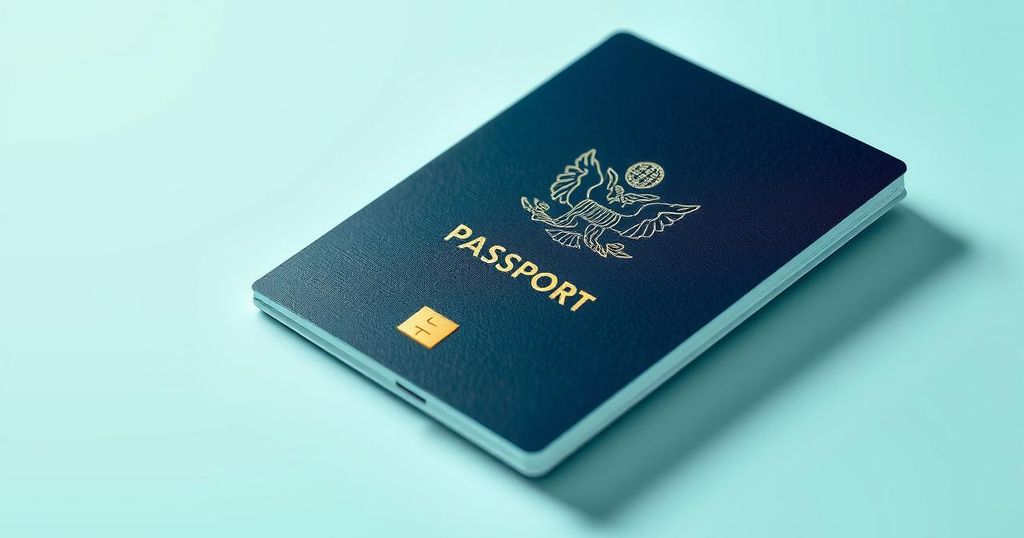Simprints, with support from Gavi, showcases a biometric vaccine delivery program in Ghana. The initiative aims to improve tracking of immunizations, addressing the issue of unregistered children. The partnership emphasizes the importance of innovative technology in healthcare access, particularly in underserved communities.
In a noteworthy visit, Simprints showcased its innovative biometric vaccine delivery system to Gavi CEO Dr. Sania Nishtar in Ghana. This program is particularly significant as it leverages privacy-first biometric identification to enhance patient tracking in a country making impressive strides in healthcare technology. The Ghana Health Service (GHS) is partnering with Simprints to integrate biometric ID into health registries aimed at improving routine immunization coverage.
Gavi, known for its vital role in ensuring vaccine access in under-resourced areas, supports this initiative to bring necessary healthcare to hard-to-reach communities. Simprints’ CEO Toby Norman expressed his appreciation for Dr. Nishtar’s visit, emphasizing how their technology is essential in identifying children in need of vaccines quickly and efficiently.
In Ghana, more than half of the children remain unregistered, leaving around 90 million kids without reliable identification. This lack of visibility presents a major hurdle for health systems trying to deliver crucial services like vaccines, especially in detecting gaps in immunization coverage. By using biometric IDs, Simprints has successfully created over 65,000 unique medical records, thus helping eliminate duplicates and ensuring accurate tracking of immunizations.
During her visit, Dr. Nishtar was introduced to the Simprints ID app at a Community-based Health Planning and Services (CHPS) facility in Eastern Ghana. The app, which is utilized by Community Health Workers (CHWs), allows them to monitor immunizations effectively, enabling prompt responses to cases where children may drop out of vaccination programs. This real-time tracking is crucial for addressing lapses in immunization rates.
According to Simprints, the implementation of this biometric approach has significantly eased the workload for healthcare workers. They now have more time and resources to care for additional mothers and children, dramatically improving efficiency in those communities. Notably, Simprints previously ran a successful pilot program in Bangladesh, where similar technology was used across 50 clinics, demonstrating the versatility and effectiveness of their solutions on a global scale.
Looking ahead, Simprints reports that in 2024, they managed to deliver over 551,000 health services verified through biometrics, including life-saving vaccines and surgeries. Together with Gavi and the Ministry of Health in Ghana, they are setting a precedent in the realm of healthcare delivery, showcasing the potential of biometrics to bridge the gap in health service accessibility.
Simprints’ collaboration with Gavi marks a significant advance in healthcare delivery using biometric technology in Ghana. With support from Gavi and the local Ministry of Health, the initiative aims to address the pressing issue of unregistered children in Sub-Saharan Africa. This pioneering approach not only reduces workload for healthcare workers but also enhances the tracking of vital vaccination programs, ensuring that critical healthcare reaches the most remote communities. The successes in Ghana and previous initiatives show promise for broader implementation worldwide.
Original Source: www.biometricupdate.com











